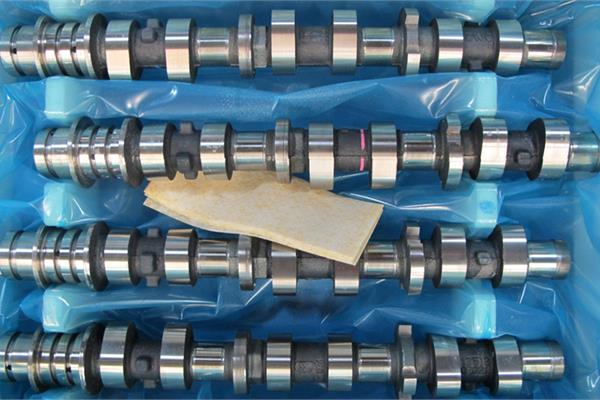
Biobased corrosion solution BioPad by Cotec has become a USDA certified product.
On March 6th, 2020 BioPad® by Cortec became a USDA Certified Biobased Product. The label highlights a product's percentage of biobased content, that is the portion of the product that comes from a renewable source, such as plant, animal, marine, or forestry feedstocks.
In the case of BioPad®, which contains 58% USDA certified biobased content, this includes byproducts of corn processing.
By utilizing renewable, biobased materials such as these, companies like Cortec® are able to replace the need for non-renewable petroleum-based chemicals. The product also falls within the minimum biobased requirements for the mandatory federal purchasing initiative of the USDA BioPreferred® Program.
"We applaud Cortec® Corporation for earning the USDA Certified Biobased Product label," said Kate Lewis, USDA BioPreferred® Program. "Products from Cortec® Corporation are contributing to an ever-expanding marketplace that adds value to renewable agriculture commodities, creates jobs in rural communities, and decreases our reliance on petroleum."
What is BioPad® and where can it be applied?
BioPad® is a flexible corrosion inhibiting device constructed from biobased non-woven material, providing a
sustainable packaging option for corrosion inhibition. Its high VpCI® concentration, in combination with a thin design, results in material reduction by up to 94% in comparison to similar polyurethane foam emitting devices.
Vapor phase corrosion inhibitors infused throughout the non-woven substrate will vaporize and fill the enclosed package or space, forming an invisible protective molecular layer on the metal surfaces. Parts protected with BioPad® are always ready for use, and degreasing or coating removal are not required.
BioPad® can complement VpCI®-126 Film where a high density of vapor phase corrosion inhibitors is needed to quickly saturate the inside of a package. It can be used alone or combined with other materials in several applications:
- Shipping and storage of auto parts.
- In-process protection for crates or racks of gears going in and out of climate-controlled QC labs.
- Protection for internals of LNG tanks being shipped overseas.
- Any enclosed application for metals protection.